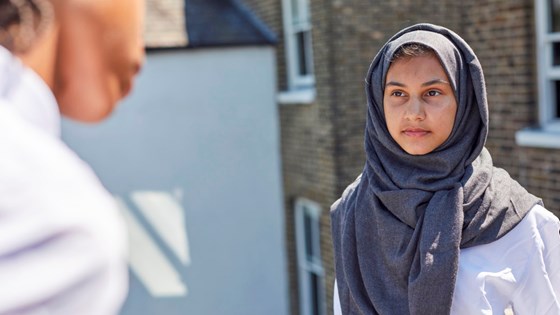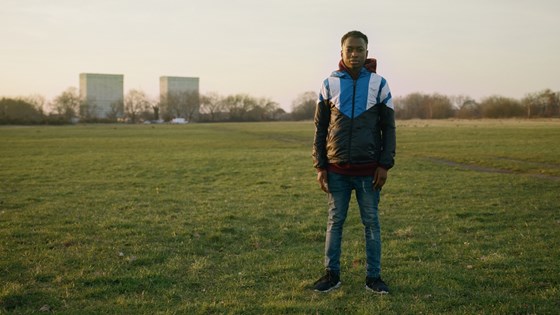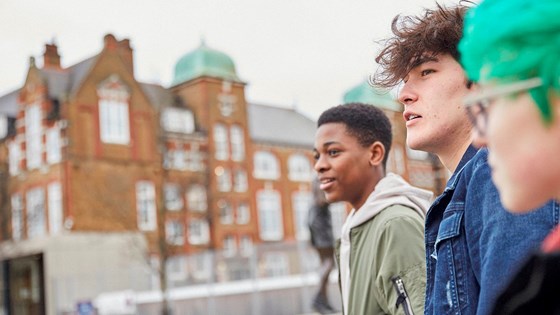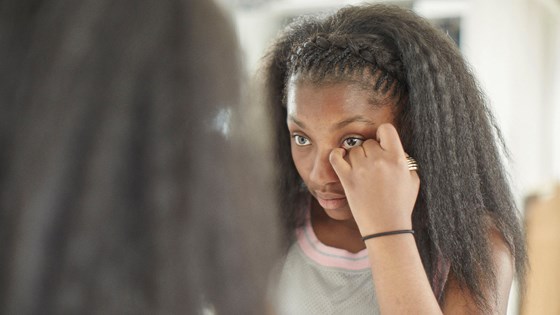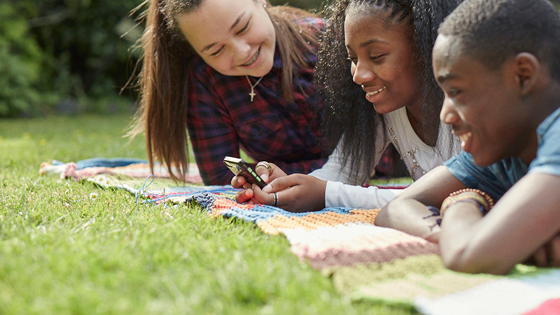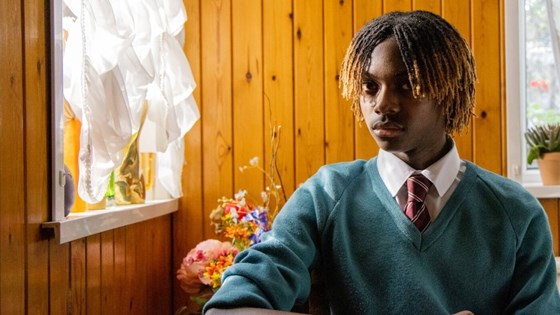5 things to try:
- let friends and teachers know when you take part in religious events so they understand more about you and what you’re doing.
- share photos or blogs about religious festivals so other people can see what these are like.
- tell friends about the foods and drinks you’re not allowed in your religion so they don't offer you these.
- ask friends why they wear religious items and how they feel about it.
- ask friends if you can join in with their religious events. This can help you understand their religion and culture a bit more.


